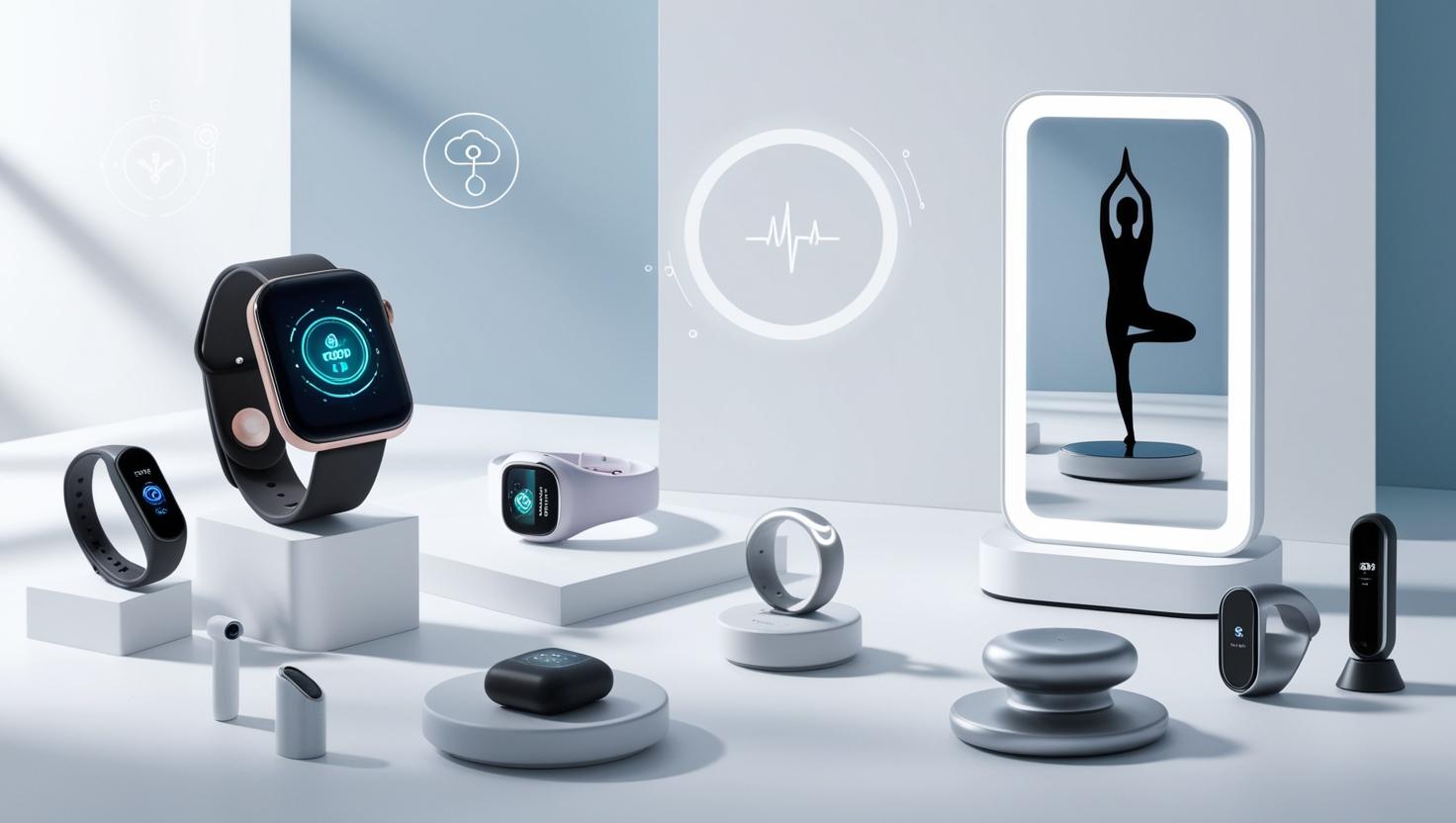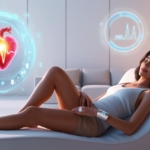AI-Powered Health Gadgets That Are Changing the Game in 2025
In 2025, artificial intelligence is no longer just powering our phones and search engines—it’s now the driving force behind a revolution in personal wellness. AI-powered health gadgets are changing how we sleep, eat, train, recover, and even detect disease—before symptoms surface.
These are not just smart gadgets. They learn from you, adapt to your lifestyle, and give you tailored guidance that once required a whole team of health professionals. At Fittrru, we dug deep into the world of AI health tech to uncover the most innovative, game-changing gadgets that are reshaping wellness today—and for years to come.
The Rise of AI in Personal Health
Until recently, most “smart” health gadgets simply tracked data—your steps, heart rate, or calories burned. But 2025 has ushered in a new breed of tech: devices that think. With AI embedded in their core, these gadgets now offer predictive insights, personalized coaching, and proactive recommendations.
What makes AI gadgets different?
- They learn from your habits over time.
- They adapt to changes in your behavior or environment.
- They guide you based on real-time, personalized data.
Welcome to the age of truly intelligent wellness.
7 AI-Powered Gadgets Changing the Game in 2025
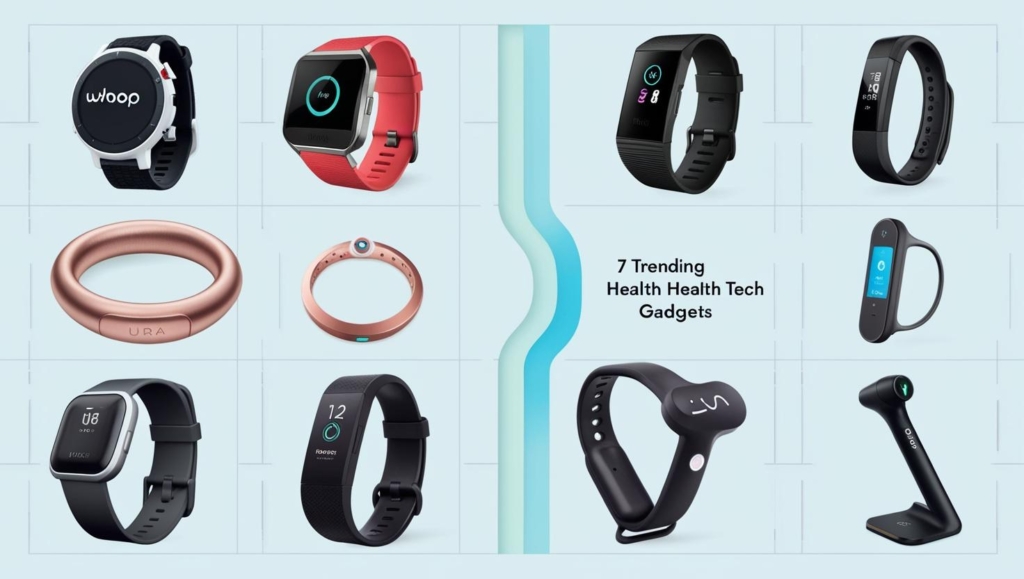
Here’s a look at the standout health gadgets harnessing AI to transform everyday wellness.
1. Whoop 5.0 Strap with AI Recovery Insights
More than just a fitness tracker, Whoop 5.0 uses AI to analyze your heart rate variability, strain, and sleep patterns. Its AI-driven recovery coach doesn’t just tell you how hard you worked—it advises you when to rest, when to push, and how to optimize performance.
🔍 What makes it different: Daily AI recovery scores and actionable advice from real-time data.
2. Oura Ring Gen 4
This elegant ring now comes with a built-in AI sleep and stress coach. It tracks your sleep cycles, body temperature, and HRV, and suggests personalized recovery strategies. In 2025, it’s helping users beat burnout before it begins.
🔍 Real-world impact: Many users report better sleep and energy within two weeks of consistent use.
3. Lumen Metabolism Tracker (2025 Edition)
With just a breath, Lumen’s AI analyzes whether you’re burning fat or carbs—and instantly adjusts your daily meal plan. In its latest version, Lumen integrates with your fitness routine and sleep to make smarter, real-time suggestions.
🔍 Game-changer: One breath each morning gives you AI-personalized nutrition.
4. Withings BeamO
The ultimate all-in-one home diagnostic tool. It’s a thermometer, ECG, stethoscope, and oximeter in one sleek device. The AI engine identifies patterns over time and can flag early signs of illness—before you even feel sick.
🔍 Why it matters: Early detection through AI = proactive, not reactive, healthcare.
5. Fitbit Sense 3 AI Stress Coach
Fitbit’s latest Sense watch does more than track—it responds. Using skin temperature, heart rate, and electrodermal activity, the AI detects stress levels and prompts real-time breathing or mindfulness exercises.
🔍 Standout feature: Live stress reduction coaching, just when you need it.
6. Ava Fertility AI Bracelet
For women, Ava’s latest AI upgrade tracks fertility signs with incredible accuracy. The bracelet learns hormonal patterns, stress triggers, and cycle changes to predict ovulation windows and optimize fertility planning.
🔍 Why it’s loved: Empowers women with deeply personal, predictive insights.
7. Tempo AI Home Gym
Using 3D vision and machine learning, Tempo’s smart screen corrects your form in real-time and evolves your workout program based on your performance, fatigue, and goals. No gym membership required.
🔍 Real feedback: It’s like having a personal trainer at home—without the hourly rate.
What AI Health Tech Means for You
AI health gadgets don’t just tell you what’s going on—they help you change it.
Benefits You’ll Notice:
- Personalization: No more one-size-fits-all plans.
- Habit Building: Tiny nudges from your devices build consistency.
- Health Monitoring: Early detection and prediction—before issues escalate.
- Time Efficiency: Get smarter workouts, meals, and recovery—in less time.
Personal Experience: What Changed for Me
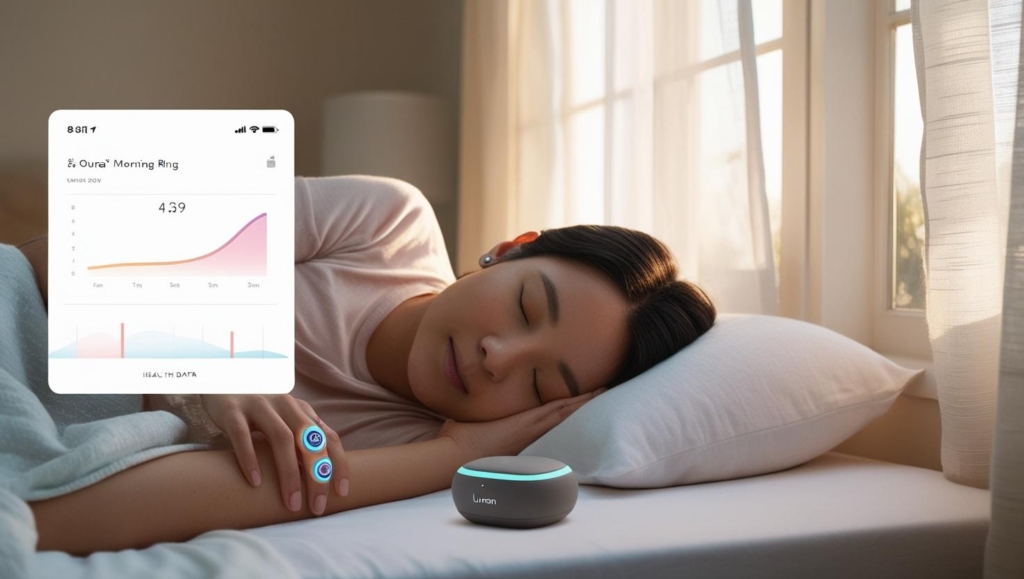
I started using the Oura Ring and Lumen daily in January 2025. Within weeks, I noticed something shift—not just physically, but mentally.
I finally understood how my sleep was sabotaging my workouts, and how late-night carbs were crushing my energy. The AI prompts weren’t pushy—they were just right. By February, I had dropped 4 lbs of stubborn weight, felt mentally sharper, and had fewer midday crashes.
These gadgets didn’t just track me—they coached me.
What to Watch Out For
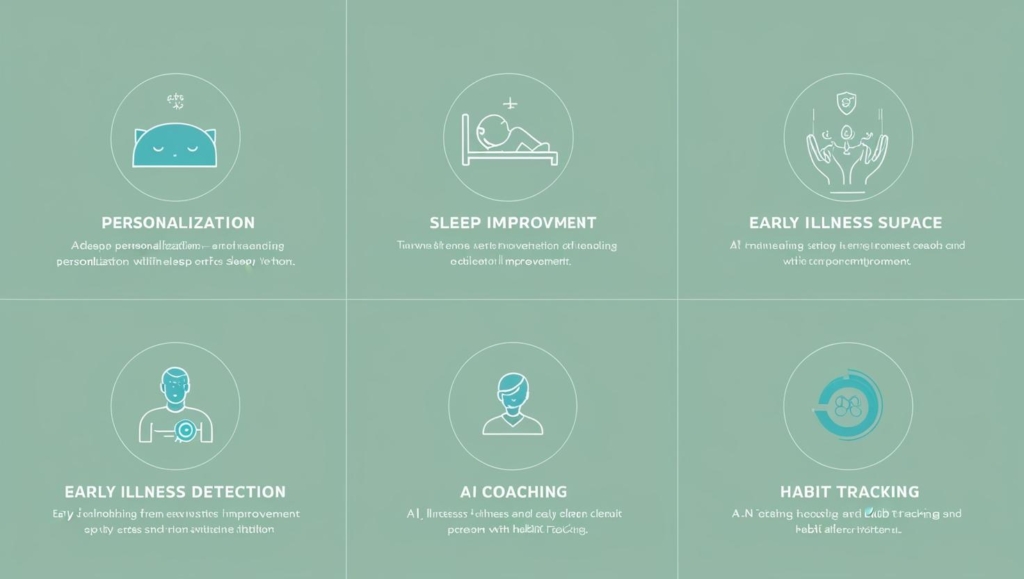
While AI health tech is incredibly promising, it’s not perfect.
⚠️ Data Privacy: Always review data-sharing policies.
⚠️ Cost vs. Value: Some devices are worth the price—others are just hype.
⚠️ Over-Reliance: Tech should guide you, not replace your own intuition.
Final Thoughts: The Future is Personal
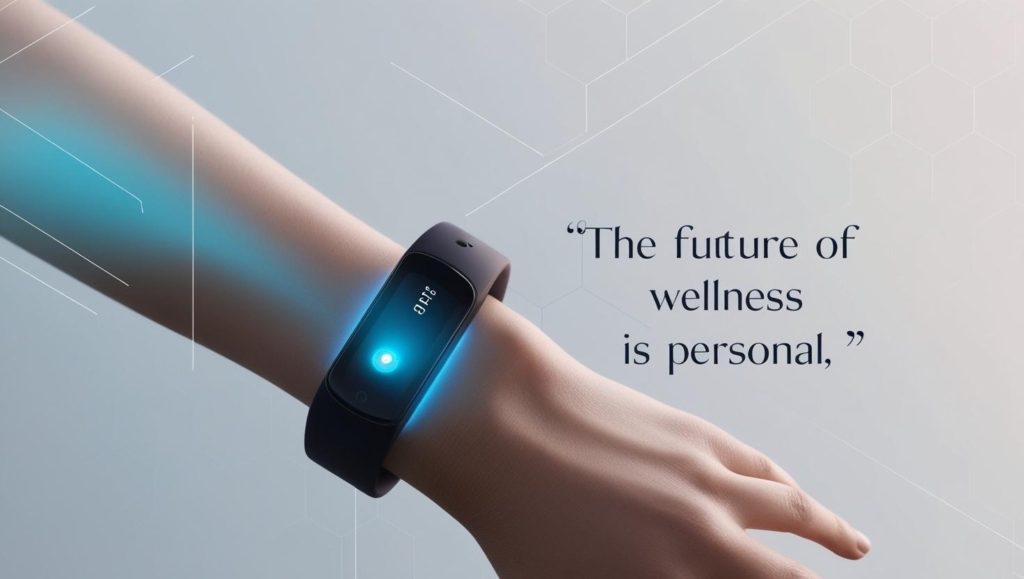
AI is changing the game, but the real power lies in how you use it. These devices are your co-pilot—there to empower, not replace, your own wisdom and effort.
In 2025 and beyond, wellness isn’t about willpower alone. It’s about insight, customization, and action—driven by tech that understands you.
💬 Join the Conversation
Have you tried any AI-powered health gadgets recently?
What worked for you—and what didn’t?
Let us know in the comments below. Your experience might help someone else find the right tool for their journey.
📩 Stay Ahead with Fittrru
Subscribe to our newsletter for:
- Honest gadget reviews
- Personalized health tech guides
- Real stories, not hype
Because your health deserves more than average.


